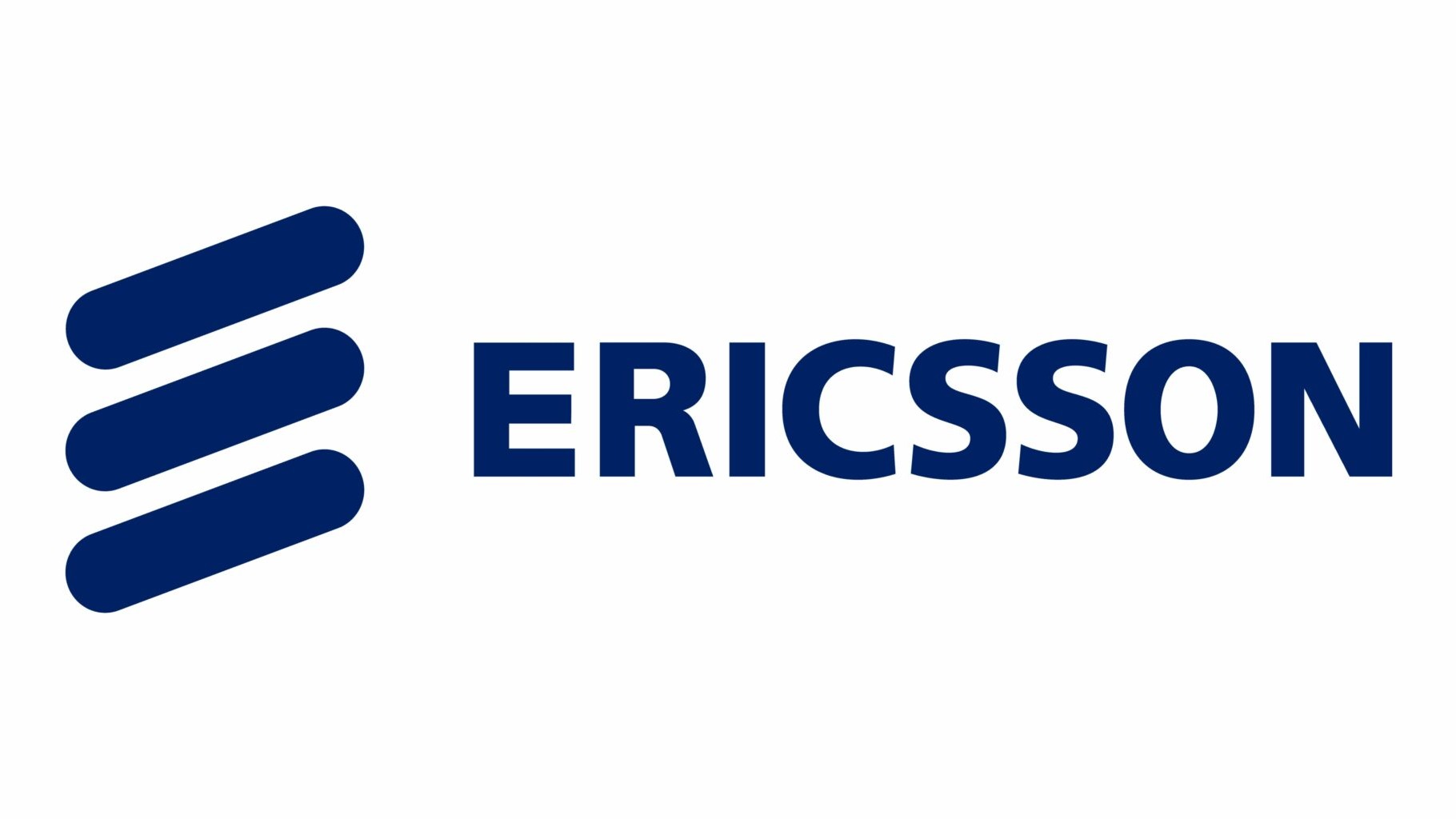Swedish telecommunications giant Ericsson has announced an expanded funding agreement with the Canadian government, increasing its research and development investment to CAD $634.8 million across its facilities in Ottawa and Montreal.
The investment, which builds upon a CAD $470 million commitment announced last year, will strengthen Canada's position in next-generation communications technologies, including 5G Advanced, 6G, artificial intelligence, Cloud RAN, and quantum computing research.
François-Philippe Champagne, minister of innovation, science and industry, welcomed the partnership, saying: "Our partnership with Ericsson solidifies Canada's position as a leader in next-generation networks. With the increased investment, we'll not only support the 5G networks of today, but also advance the technologies that will shape our future."
The five-year agreement is expected to create almost 200 new high-skilled jobs and provide opportunities for more than 600 co-op positions through university partnerships. Ericsson plans to onboard up to 120 students annually and commit to more than 10 academic collaborations each year.
Börje Ekholm, president and chief executive officer of Ericsson, highlighted Canada's attractive investment environment: "Canada has invested in education for quite some time. You have immigration that's actually happening on a continuous basis. I think that's positive for us because we can build the talent here."
The Ottawa facility, which serves as Ericsson's key North American R&D centre, spans 25,000 square metres, with more than 4,300 square metres dedicated to research laboratories. The Montreal operations house Ericsson's Global AI Accelerator program and quantum hub.
Ottawa mayor Mark Sutcliffe emphasised the significance of the investment: "This commitment reflects Ottawa's strength as a hub for world-class talent and innovation, solidifying our city's role in driving the next wave of technology advancements."
The partnership is expected to bring substantial economic benefits to both the Ottawa and Montreal regions, with government figures suggesting that each new job created in the sector generates 1.3 additional jobs in the broader economy. The next generation of 5G wireless technology is projected to contribute CAD $40 billion annually to Canada's economy within the next four years.
Latest News
-
Universal Music Group partners with Nvidia to create antidote for 'AI slop’
-
East of England Co-op finalises test of digital shelf edge communication platform
-
Barclays makes strategic investment in Ubyx
-
XFusion hires Chinese investment bank in preparation for IPO
-
UK orders X to tackle Grok deepfake abuse as Ofcom steps in
-
Intel bets big on 18a with Panther Lake as rivals tout AI gains
The future-ready CFO: Driving strategic growth and innovation
This National Technology News webinar sponsored by Sage will explore how CFOs can leverage their unique blend of financial acumen, technological savvy, and strategic mindset to foster cross-functional collaboration and shape overall company direction. Attendees will gain insights into breaking down operational silos, aligning goals across departments like IT, operations, HR, and marketing, and utilising technology to enable real-time data sharing and visibility.
The corporate roadmap to payment excellence: Keeping pace with emerging trends to maximise growth opportunities
In today's rapidly evolving finance and accounting landscape, one of the biggest challenges organisations face is attracting and retaining top talent. As automation and AI revolutionise the profession, finance teams require new skillsets centred on analysis, collaboration, and strategic thinking to drive sustainable competitive advantage.
© 2019 Perspective Publishing Privacy & Cookies









Recent Stories